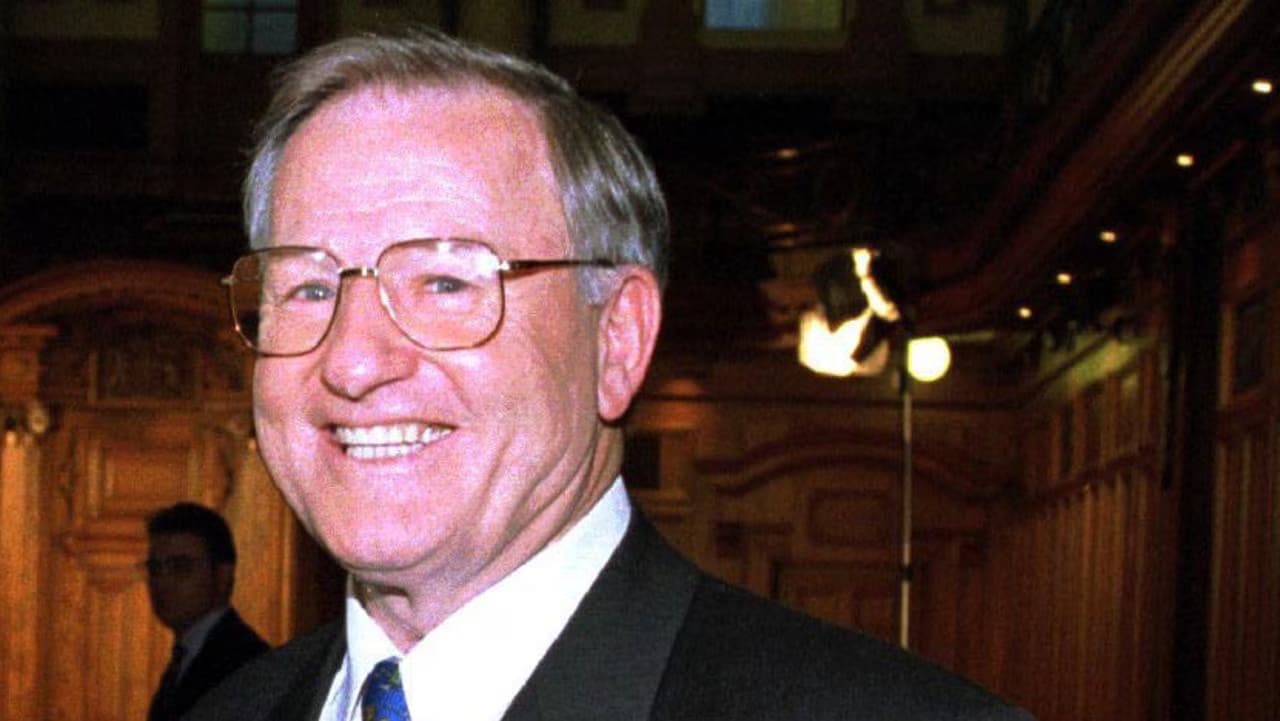We're loading the full news article for you. This includes the article content, images, author information, and related articles.
Jim Bolger, who led New Zealand from 1990 to 1997, is remembered for his commitment to Māori reconciliation despite controversial welfare cuts, offering lessons in leadership and national unity.

Former New Zealand Prime Minister Jim Bolger, a figure known for his dedication to reconciliation with the Māori people and his significant economic reforms, has died at the age of 90. His passing on Wednesday, October 15, 2025, East Africa Time (EAT), marks the end of an era for a leader whose legacy continues to be debated and celebrated.
Bolger, who served as Prime Minister from 1990 to 1997 as leader of the National Party, passed away peacefully surrounded by his wife, Joan, their nine children, and 18 grandchildren. His family confirmed that he had been undergoing dialysis since suffering kidney failure last year.
His tenure was characterised by a dual focus: a deep commitment to addressing historical injustices faced by the Māori people, alongside a controversial programme of welfare cuts and labour market deregulation. This period of significant policy shifts aimed to reshape New Zealand's economy and social fabric.
Tributes have poured in from across New Zealand's political spectrum, highlighting Bolger's complex legacy. Prime Minister Christopher Luxon described Bolger as a "principled and formidable colleague" and a "worthy adversary who never allowed disagreement to become personal."
Labour leader Chris Hipkins acknowledged Bolger's humility and dedication, noting his later-life recognition of growing inequality. Hipkins stated that Bolger "could see that the concentration of wealth around the world was unsustainable, that the growing marginalisation of large segments of our society was leading to us becoming more divided and that we could not continue to stand for that."
Bolger's government implemented significant economic reforms, often referred to as 'Ruthanasia' after his finance minister Ruth Richardson, which included substantial cuts to welfare and health spending, and the deregulation of the labour market. These policies, while aimed at economic revitalisation, drew considerable criticism for their social impact.
Conversely, his administration made strides in Māori reconciliation, notably through the Treaty of Waitangi settlement process, which sought to address historical grievances arising from breaches of the 1840 treaty between the British Crown and Māori chiefs. This commitment to reconciliation is often cited as a defining and positive aspect of his leadership.
The death of Jim Bolger prompts reflection on the long-term impacts of his policies on New Zealand society, particularly the balance between economic reform and social equity, and the ongoing journey of indigenous reconciliation. His legacy offers valuable insights for nations grappling with similar challenges.
Keep the conversation in one place—threads here stay linked to the story and in the forums.
Sign in to start a discussion
Start a conversation about this story and keep it linked here.
Other hot threads
E-sports and Gaming Community in Kenya
Active 9 months ago
The Role of Technology in Modern Agriculture (AgriTech)
Active 9 months ago
Popular Recreational Activities Across Counties
Active 9 months ago
Investing in Youth Sports Development Programs
Active 9 months ago